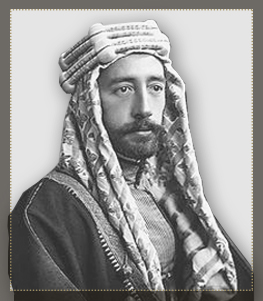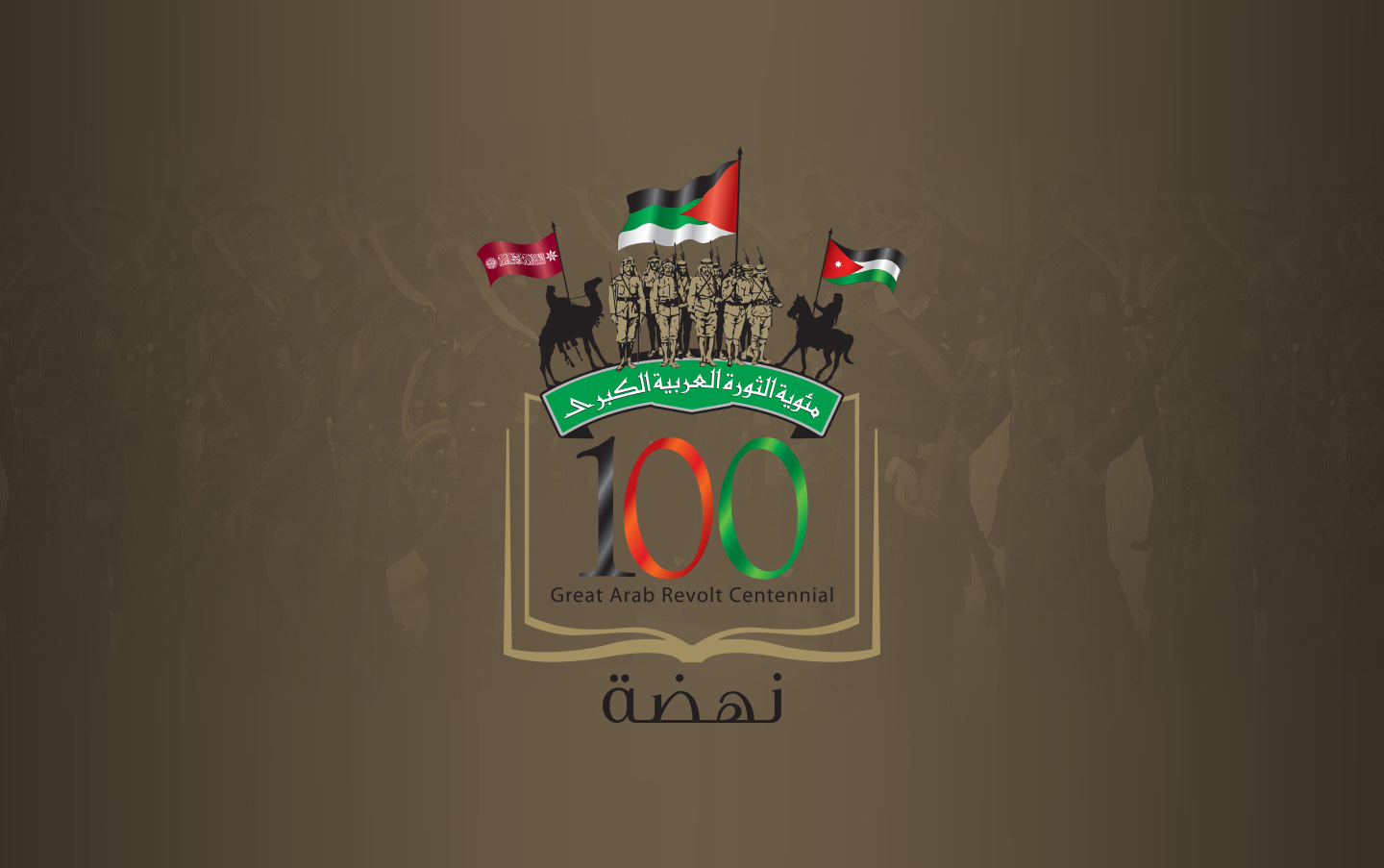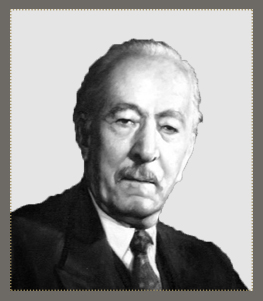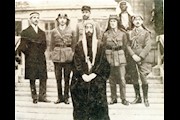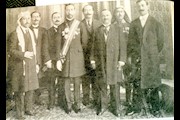Prince Faisal presented Arab demands at the Paris Peace Conference, where he held talks with French Prime Minister George Clemenceau on the Arab cause and aspirations for independence. In a memo, he said his father took up the leadership of the Arab nationalist movement during the war at the request of the movement’s two branches in Syria and Iraq, which had called on him to lead.
The Prince called for Arab Independence, in line with the Hussein-McMahon Correspondence, but France insisted on its desire to spread its control over Syria, with the pretext of helping the people there achieve development and protect their land from any encroachment.
Talks at the conference hall grew in intensity, but Prince Faisal kept his cool, until insinuations that the Arabs are an uneducated or underdeveloped people provoked him. He told the gathering: “I belong to a people who had been civilised when all the other peoples represented here were inhabited by barbarians.” When Italy’s representative, Orlando, attempted to interrupt Prince Faisal, the prince insisted “Yes, this was the situation even before Rome was established.” Afterwards, on 21 March 1919, a decision was made to send an American committee to look into the conditions of the Arab people and identify their opinions and desires.
The Paris conference had witnessed the signing of the Treaty of Versailles, which divided Germany into areas under mandates by the Allies and imposed stringent military terms against it.
US King-Crane Commission visits the Levant
Prince Faisal left for Syria on 23 April 1919 to prepare for the US commission’s visit, having delegated Awni Abdul Hadi to attend the Paris Peace Conference. In Damascus, a major popular gathering was chaired by Mohammad Fawzi Al Athemat the Arab Club. Prince Faisal delivered the opening address, in which he outlined the goal of the US commission and the nature of its assignment.
The commission spent 42 days in the region, visited 36 Arab cities and listened to 1,520 delegations from various villages. It received 1,863 petitions, all which called for unity and independence. On 3 July 1919, the Syrian National Congress delegates met the US commission and informed it of their demand for Greater Syria’s independence as well as the establishment of a monarchy there.
The US King-Crane Commission found that the people of the Levant are opposed to foreign control, suggesting “a Mandatary under the League of Nations with the clear consciousness that ‘the well-being and development’ of the Syrian people form for it a ‘sacred trust’.”
It also recommended that “Emir Feisal be made head of the new united Syrian State.”
The commission presented its report to US President Wilson on 28 August 1919. The president had taken ill at the time and ended up neglecting the report after changing his position due to opposition from major US policymakers in Congress who criticised him for violating the Monroe Doctrine of isolationism, followed by the US since 1833 that entails not intervening in the affairs of Europe, which in return does not meddle in US affairs.
